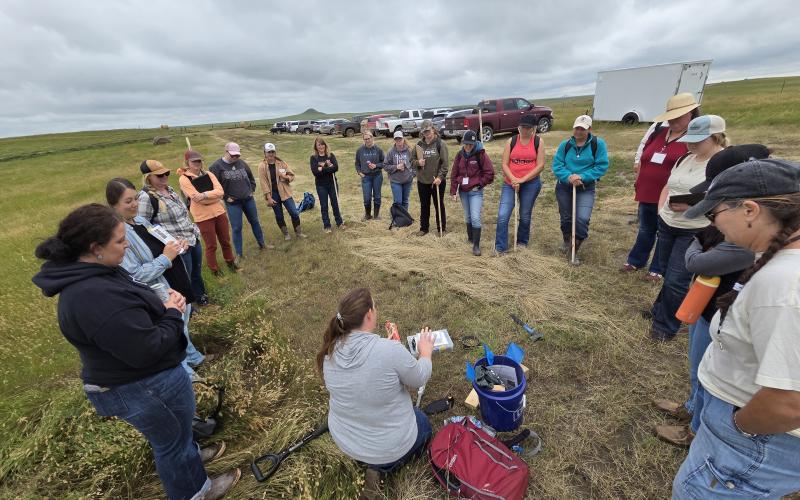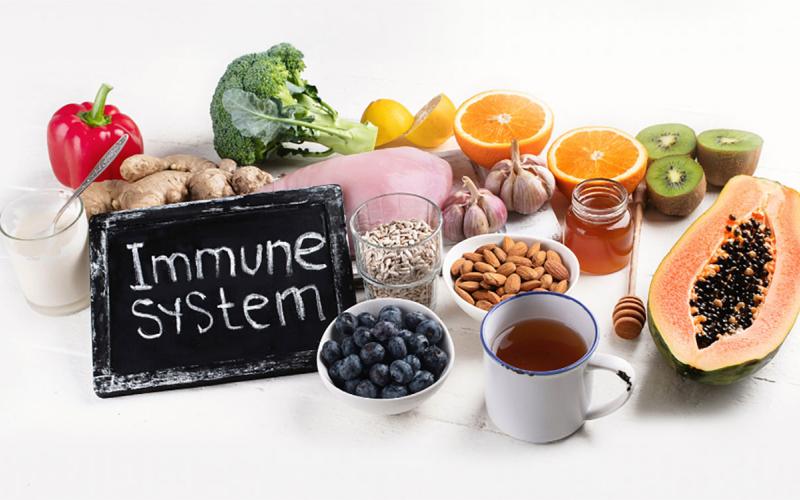BROOKINGS, S.D. – South Dakota State University Extension is partnering with Rising Hope Counseling to offer up to five free mental health counseling sessions for farmers and ranchers, their immediate family members, and agribusiness professionals.
To apply for this Agriculture Behavioral Health Voucher program, visit the program page.
Andrea Bjornestad, SDSU Extension Mental Health Specialist, said cost is one of the biggest barriers to people seeking mental health support. Access is another.
This voucher program seeks to weaken those barriers for one of the state’s most vulnerable occupations. Rising Hope, in addition to having 27 physical locations across the state, offers telehealth services.
“People can choose the location or can choose to receive the counseling via telehealth,” Bjornestad said.
Heather Gessner, SDSU Extension interim Agriculture and Natural Resources Program Director and Livestock Business Management Field Specialist, said it has been an especially challenging year for producers, who have seen a 15- to 50-percent increase in most of their input costs in 2025.
Weather is another stressor, as most of the state entered the growing season in varying degrees of drought. While much of the state received timely rains, Gessner said those rains brought hail and excess moisture for some.
“As we enter harvest, it is fun to drive around and see corn and soybeans in the field, and expectations are for bumper crops. Harvest stress comes in the form of making it through the harvest with only minor repairs needed, hauling the crop to bins or the elevator, and worries about equipment and field fires,” Gessner said. “Record-high crop production would be ideal for covering the increased input costs; however, given the current commodity prices, there is likely to be a small, if any, positive return on investment this year. And that financial concern is a monumental stressor.”
That small return has a lingering effect, she said, hindering producers’ ability to wrap up the 2025 year and finance for 2026.
“The suicide rate for those who work in agriculture is 3.5 times higher than those who work in other occupations,” Bjornestad said. “We have farmers who are facing great financial difficulties, and that makes it very challenging to want to seek counseling when they may not be able to afford it.”
Bjornestad emphasized that someone does not need to be experiencing a mental health crisis to benefit from these counseling sessions.
“Maybe you just need someone to talk to. Sometimes it’s hard to talk to family and friends about the stress you’re experiencing, and a neutral party can be helpful,” she said.
Mental health is an important component of overall health, and things like chronic stress can lead to worse sleep, high blood pressure and elevated risk for heart disease.
“Stress impacts our physical health greatly. If you look at the stress signs and symptoms, they’re very similar to symptoms of depression and anxiety,” she said. “We all have stress signs that we demonstrate, but some are less obvious. Talking to a counselor about stress can be helpful to get it under control.”
For more information about the Agriculture Behavioral Health Voucher program, contact Andrea Bjornestad, SDSU Extension Mental Health Specialist.


